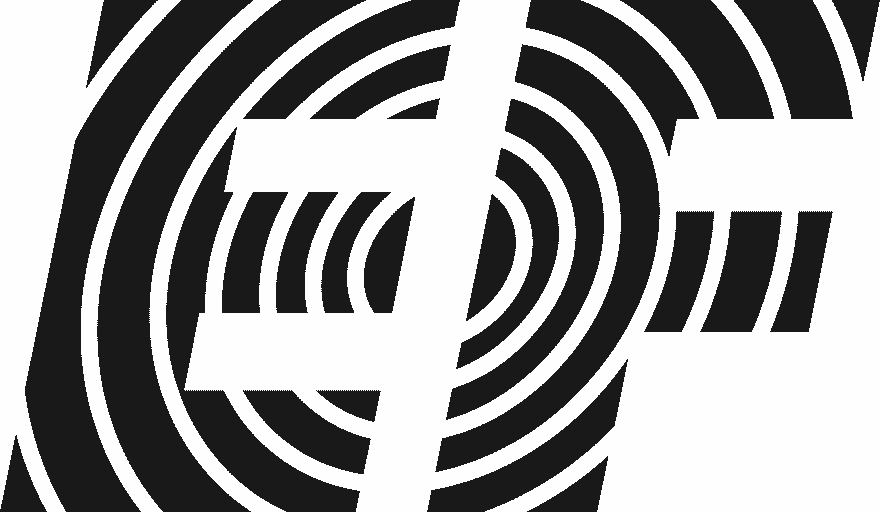)
The International Baccalaureate® (IB) Diploma Program
Building confident, globally-minded citizens ready for university
The curriculum
The International Baccalaureate® (IB) Diploma Program curriculum includes six subjects and three core requirements. You will take six classroom courses from qualified IB Diploma teachers, ensuring breadth of knowledge in languages, social studies, science, mathematics and the arts.
The program develops critical thinking, active participation, research and writing skills, which will prepare you for the types of assignments you will receive at university.
The IB Diploma is for you if:
You are an internationally minded student who wants to study content through a global lens
You want to take courses across a number of subject groups
You learn best when you combine in-class lessons with hands-on opportunities outside of class
IB Core
The IB Diploma core components challenge students to apply their knowledge and skills beyond their courses of study.
Theory of Knowledge
Asks students to reflect on the nature of knowledge and on how we know what we claim to know. Ways of knowing, critical thinking and personal reflection
Extended Essay
An independent, self-directed piece of research resulting in a 4,000-word paper. Independent research, academic writing, communication skills
Creativity, Activity, Service
Involves students in a range of activities alongside their academic studies. Creative expression, physical activity, service learning
Three benefits of International Baccalaureate® (IB) in the US and UK
Universities worldwide recognize the IB Diploma as a program that yields ambitious and talented graduates.
IB Boarding school experiences at EF Academy
FAQ – International Baccalaureate (IB)
The IB Diploma offers depth as well as breadth in subject areas that expose students to the kinds of assignments they will be given at university. The rigorous, independent study helps students learn the vital study habits they need to succeed at university. Research shows that IB Diploma graduates are more likely to be accepted to selective universities, stay enrolled and perform better during their university studies.
The IB Diploma is a high school program for students who enjoy challenging themselves. Students who do well in the program are open-minded, like to enquire and reflect on their learning and are dedicated to doing their best. If you're still not sure whether the IB Diploma is right for you, your local admissions team will be happy to discuss the program and your options with you.
EF Academy students aren’t just taught to be globally minded; they live it every day by interacting with their peers from over 75 countries. Studying the IB Diploma at an international high school abroad environment enhances the educational experience and breathes life into the ethos of global citizenship that the IB curriculum instils.
There are many International Baccalaureate (IB) schools worldwide. The most popular countries are the UK and the US. To find the most up-to-date list, you can explore educational directories or contact local educational authorities. EF Academy offers IB schools as part of our boarding schools in the US (New York) and the UK (Oxford).
Absolutely. The International Baccalaureate (IB) program is valued by students and parents alike for its comprehensive and globally focused, challenging curriculum. It's offered in numerous schools across the country, providing a rigorous and internationally recognized education. The IB diploma is therefore widely recognized in the United States and United Kingdom. Many educational institutions and employers ivalue the skills, critical thinking and knowledge gained through the IB program.
Yes, many U.S. universities highly regard the International Baccalaureate (IB) program. The program's challenging nature and emphasis on well-rounded education make IB students attractive candidates for admission. It's essential to check the specific admission requirements of each university, but generally, IB is well-received in the U.S. academic landscape.
Both degrees are accepted at UK universities. A-Levels are the standard degree at British schools while IB schools are not as widespread. Each degree helps students develop a unique skill set and focus on their goals and interests. Both degrees are different in their structure, number of subjects and exam processes. Universities therefore do not have preferences and consider students based on their individual application.
Ready to take the next step?
Request a brochure
Receive a brochure for an in-depth look at our programs and campuses
Request a consultation
Our Enrollment Advisors are ready to answer your questions
Start your application
Apply now for the spring or fall start dates for our most popular programs


)
)
)
)
)

